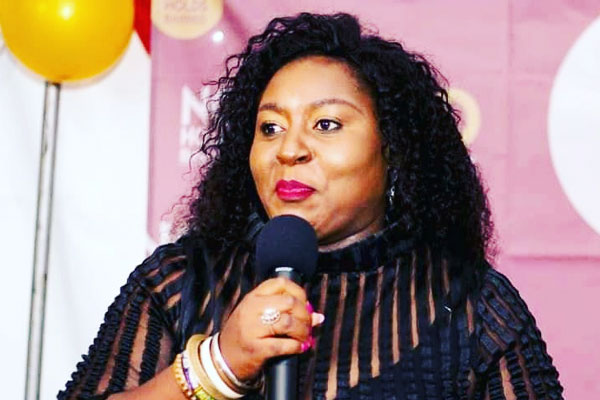
By Grant Moyo
Women’s Media for Development Foundation (Amakhosikazi) is determined to go beyond the call of duty in the quest of empowering women.
The Bulawayo-based organisation, founded by communicator, development activist and programmes co-ordinator Sibusisiwe Bhebhe, known as Busi, is providing goal-oriented platforms where women speak out. Mothers and young girls from different parts of Zimbabwe engage in search of means to improve effective participation of women in the development process on a national scale.
Amakhosikazi is a community-based media for development institution, which uses new media platforms and tools to highlight the development needs of women and to advocate for positive action towards their inclusion in the national dialogue.
“My work in the development sector with non-governmental organisations over the years made me realise that women are doing a lot of work in the development field but they are also suffering a lot when there is no development happening, when there are no social amenities coming from the government. Amakhosikazi as an alternative media encourages the traditional and mainstream media to balance out the scales. Already the boy child has a guaranteed platform, therefore we are doing it as a counter measure so that we make sure that women and girls are not left behind,” said Bhebhe.
“We aim to increase women voices in the media and using their voices to shape policy and whatever decision made at a national level.
“For example, someone in local government or parliament puts a law increasing maternal health fees, on top of that they initiate shutting down water. I am wondering if that person is human and if they are not aware of what women go through when there is no water for a day, worse for three days. “Does the person understand what increasing maternal health fees in hospitals where doctors are already on strike means to a pregnant woman? “What this means to a girl in Tsholotsho or Binga seeking medical attention but does not have the money and to make matters worse she has to walk 20km to the hospital?”
Bhebhe pointed out the need to thoroughly address the plight of women. She strongly emphasised that if women cannot be given a platform in Parliament to air these issues, then getting women in the communities saying something to the men in parliament using the Amakhosikazi platforms would be the best option.
- Chamisa under fire over US$120K donation
- Mavhunga puts DeMbare into Chibuku quarterfinals
- Pension funds bet on Cabora Bassa oilfields
- Councils defy govt fire tender directive
Keep Reading
“When there are policy issues that they have to make decisions on like constitutional issues, if we say something as women the lawmakers will not claim that they did not know when they make verdicts,” she said.
“When women go for public hearings they are better informed to influence the decisions enforced by lawmakers. When women have heard us on radio, read online, have seen a video or an issue that impacts them and we are informing them about the effects of a particular law, it will help to shape the decisions they make when we go to vote.”
She admitted that the conversations are not complete without men and boys. She said although Amakhosikazi is giving the women the platform to say something there is room for men to join in the conversation not defensively but to give an opinion of their lived experiences and how they think women shape the way they are.
“I think men need to come to the table; we are gradually inviting all men, we are looking for men that would build us and not trash us. We would like men who come to the table and say we understand that women are saying they have been oppressed, how can we help? We need men who are open-minded, with constructive criticism and willing to compromise. With that in mind we will slowly get there,” she said.
Only time will tell but as far as development goals are concerned, Amakhosikazi media is pulling all strings to pressure policymakers to recognise and embrace the voices of all women. If women being the majority are the ones that need help the most, the government will always be handicapped because more than half of the society is poor. But if we are helping each other to support the system, it means the burden is lesser on men who are lesser in numbers. Nevertheless if we all get educated we help each other to build the nation.
l Grant Moyo is a writer, innovative media personality, entrepreneur and a creative artist who is passionate about using his creative mind for the betterment of society. Follow him on Twitter: @TotemGrant











